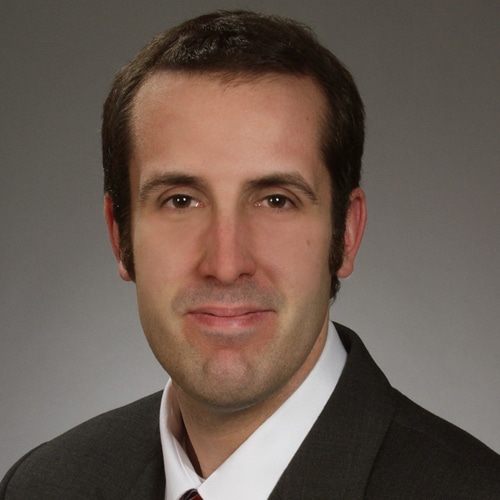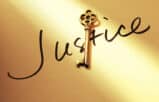George Orwell was the master of portraying dystopia. Of course, it’s not always a bad thing when everybody’s got the same idea. It may just be a case of everyone latching onto the same good idea at the same time. Kind of like when the pet rock came out.
There are always at least a few trending ideas in the legal field. Not everybody notices.
So, if you haven’t noticed (or even if you have), let me tell you that lawyers have been forming their own highly active online groups outside of bar associations for at least a few years now. And the pattern is only becoming more aggressive. I addressed this issue on podcasts recently, here and here.
Lawyer Groups Take Many Shapes and Sizes These Days
Individual lawyers found and foster these groups. Or multiple attorneys congregate around a shared experience or subject matter. Or legal technologists. Or consultants with followings. It seems like I’m always running into a lawyer who runs a group of at least 10 attorneys. (I don’t know what that’s called? Is that a “murder” of attorneys or something?)
Nursing these groups into existence is the popularity of the services that host them. Listservs are, like, so 2015. But people are still digging Facebook and LinkedIn groups, and especially Slack channels. And, if you ain’t hip to Slack, it’s time to get hip to Slack. Slack destroys email, which is long overdue. But I digress.
These various lawyer groups have become obsessive meditations for solo and small firm lawyers, who now have an unfettered outlet to individuals just like them, across the country and the world, who share their interests and neuroses. The number of messages that pass through these channels is staggering, especially to an old fart like me, who thinks online communication is for basement-dwelling hippies.
The narrative is that this is good for lawyers, but that it causes bar associations to suffer. And that’s the narrative because it’s true. The following is not a prescription to fix bar associations; it’s merely a window into the mindset of the average attorney who moves from a traditional organization to a nontraditional group. Again: Not trying to fix, just observing.
Why Do Lawyers Choose Alternative Communities?
(That makes it sound like I’m talking about a nudist colony. I’m not talking about that.)
These new groups are free or cheap. You know what Wu-Tang says; it’s all about that paper. Comparatively, bar association membership dues (which are not that expensive, but still) are far more expensive than the annual costs for many of the new lawyer groups, a number of which are free.
Substantive discussion on its own terms. Lawyers like direct access to substantive discussion, especially ethics issues and the tales of woe of those poor saps who make precedent in that arena. In an open-ended forum, it’s easy for lawyers to say, “Hey, this is happening to me right now, what do you think?” and to get an immediate reply. That’s better than waiting for the next available CLE program on the subject, right? (And while I’m on the subject, lawyers who are active in online groups do still participate in CLE programs. That may be the one competitive advantage bar associations have left, which is why I’m always so surprised that some bar associations give them away for free.)
No one likes old people and committees. You know who runs bar associations and traditional legal organizations? Old people and committees. You know who doesn’t give a damn about old people and committees? People who start and run nontraditional online lawyer groups. Those more recent generations aren’t interested in butting their heads against established structures, or even tearing them down — they just work around them. If Ronald Reagan had been born in 1987, instead of already being president then, he would have been like, “Mr. Gorbachev, we’re now going to get everybody into Ubers and drive them out of East Berlin. Cool?” I’m fairly certain that hell is an in-person meeting I can’t Zoom into.
In-person events are alright, in moderation. The traditional legal organization model is about getting your ass out of the office as much as possible, so you can network … and then not be in the office enough to do the work you acquire? The new-school lawyer groups flip this convention. Much of the interaction takes place online, with in-person events taking place in various locations, and often attached to larger conferences. This fits better with the modern predilection for internet lurking punctuated by occasional bouts of personal interactivity.
These are some of the major drivers fueling the “alt legal” community boom, but every lawyer who joins an online or surrogate lawyer group does so for their own reasons.
Even if the ways lawyers congregate is fracturing and being stitched back together, that’s not necessarily a bad thing.
Remember, if Buffalo Springfield never breaks up, there’s no Poco, or Crosby Stills Nash & Young, or Crosby Still & Nash, or Crosby & Nash, or the Stills-Young Band, or Manassas, or Loggins & Messina.
I am so old.
















